To highlight the wonderful yet largely forgotten work of a collection of female screenwriters from the early years of Hollywood (and as a companion to the book, When Women Wrote Hollywood) we will be posting quick bits about the many films they wrote along with links to further information and clips from their works which are still accessible online. Take a few moments once or twice a week to become familiar with their names and their stories. I think you’ll be surprised at how much bold material these writers tackled at the birth of this new medium. — Rosanne Welch
When Women Wrote Hollywood – 12 in a series – Marion Fairfax
Marion Fairfax (October 24, 1875 – October 2, 1970) was an American screenwriter and playwright. Born as Marion Neiswanger in Richmond, Virginia, After she graduated from Chicago’s South Division High School, she enrolled in Emerson College in Boston, Massachusetts. She was married to actor Tully Marshallfor forty-three years. Fairfax worked as a company director, director, editor, editorial director, playwright, producer, screenwriter and theatre actress.
Fairfax first started her career as a stage actress, just like many other women did in that era. By 1901 she was appearing on Broadway and soon after that her own plays started appearing on Broadway. Before she went into pictures she was known for being one of the most distinguished stage authors in the United States, writing Broadway hits such as The Builders (1907), The Chaperon (1908), The Talker (1912), A Modern Girl (1914), In 1915 The Lasky Feature Play Company entered into a contract with Fairfax. This opportunity gave Fairfax the chance to work under William C. DeMille who is known as the author for many successful plays such as “The Warrens of Virginia” and “The Woman.” The success of Fairfax comes through wide knowledge of dramatic values, not only from an author’s perspective but also from that of the artist.[1] — Wikipedia
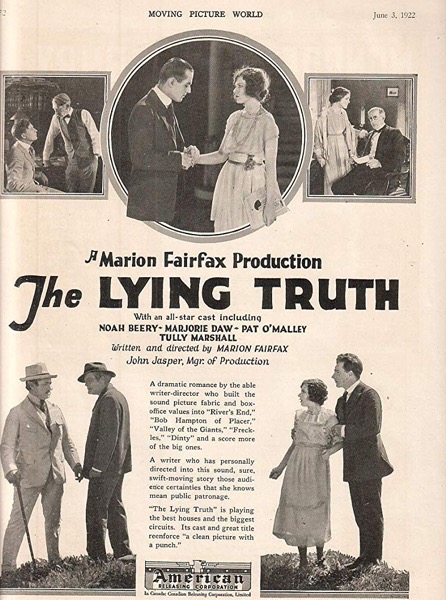

More about Marion Fairfax
- Read more about this screenwriter in When Women Wrote Hollywood
- Like When Women Wrote Hollywood on Facebook
- Marion Fairfax on Wikipedia
- Marion Fairfax on IMDB
- Marion Fairfax at the Women Film Pioneers Project
- Marion Fairfax at Virtual History
Buy a signed copy of when Women Write Hollywood
* A portion of each sale from Amazon.com directly supports our blogs
** Many of these books may be available from your local library. Check it out!
† Available from the LA Public Library


![20 More Preparations For A Lady Doctor for Lady Doctor from Gender Diversity in the Who-niverse [Video] (1:04)](https://rosannewelch.com/wp-content/uploads/2018/07/gender-dw-20-more-prep.jpeg)
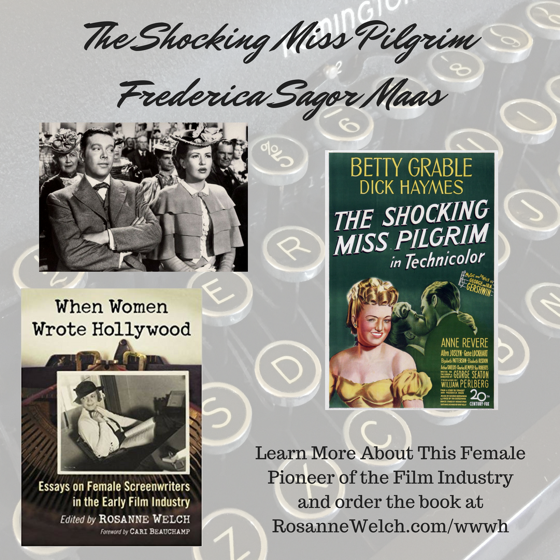
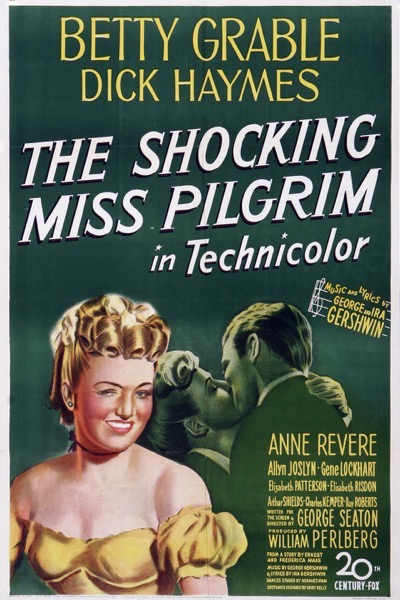


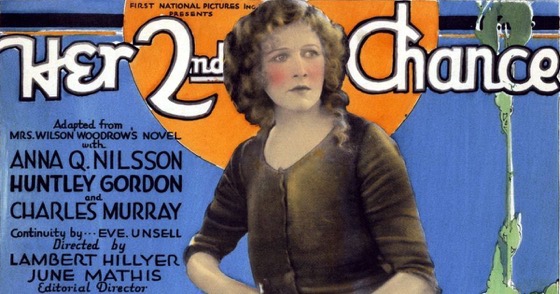


![19 Steven Moffatt Prepares for Lady Doctor from Gender Diversity in the Who-niverse [Video] (1:13)](https://rosannewelch.com/wp-content/uploads/2018/07/gender-dw-19-moffat-prepares.jpeg)
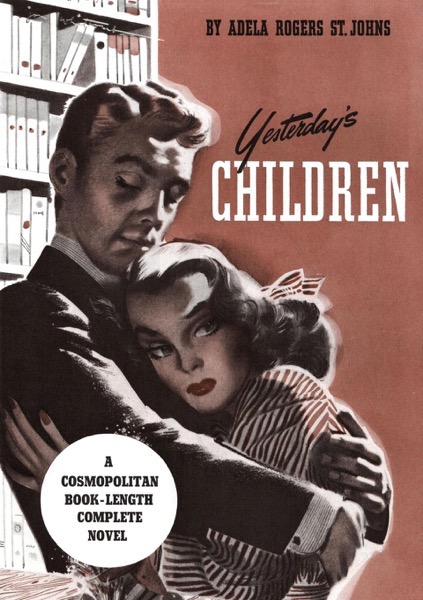

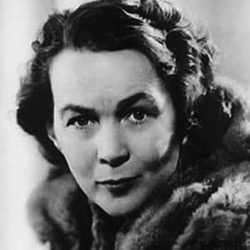
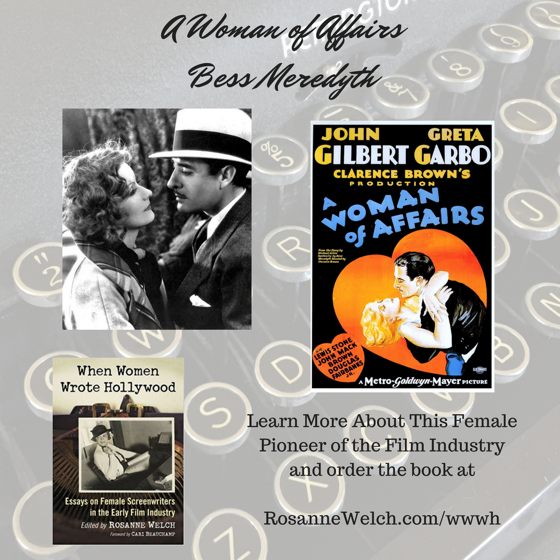
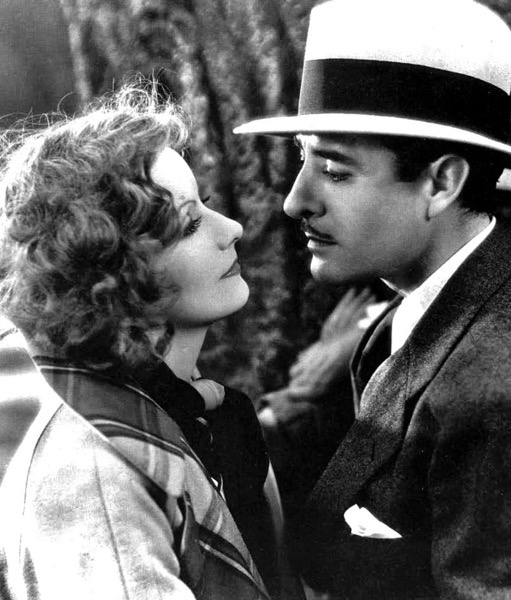
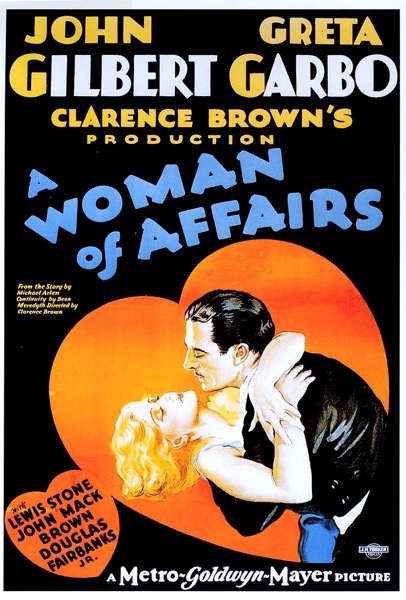
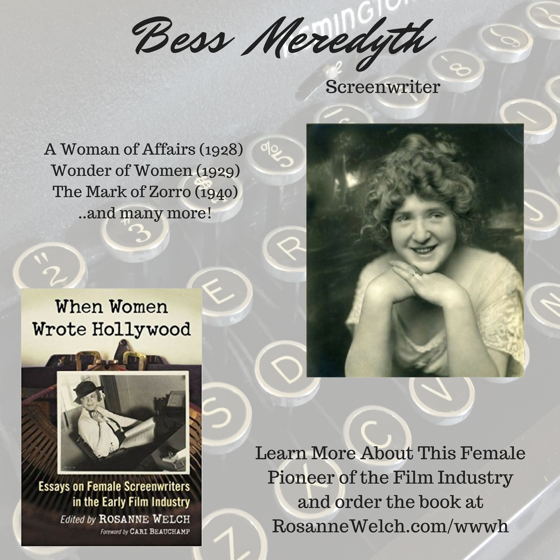

![18 Moffat, Vertue and a Lady Doctor from Gender Diversity in the Who-niverse [Video] (1:08)](https://rosannewelch.com/wp-content/uploads/2018/07/gender-dw-18-moffat-vertue.jpeg)